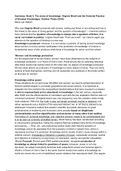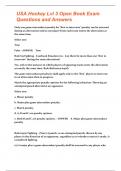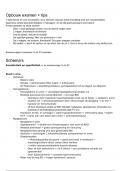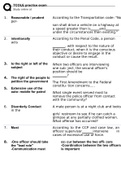Samenvatting
Summary_ Book 4. The arena of knowledge_ Virginia Woolf and the Feminist Practice of Situated Knowledges _ Kathrin Thiele in Doing Gender in Media, Art and Culture
- Instelling
- Universiteit Utrecht (UU)
Summary_ Book 4. The arena of knowledge_ Virginia Woolf and the Feminist Practice of Situated Knowledges _ Kathrin Thiele in Doing Gender in Media, Art and Culture for Introduction to Gender Studies at UU. (2018/2019)
[Meer zien]











